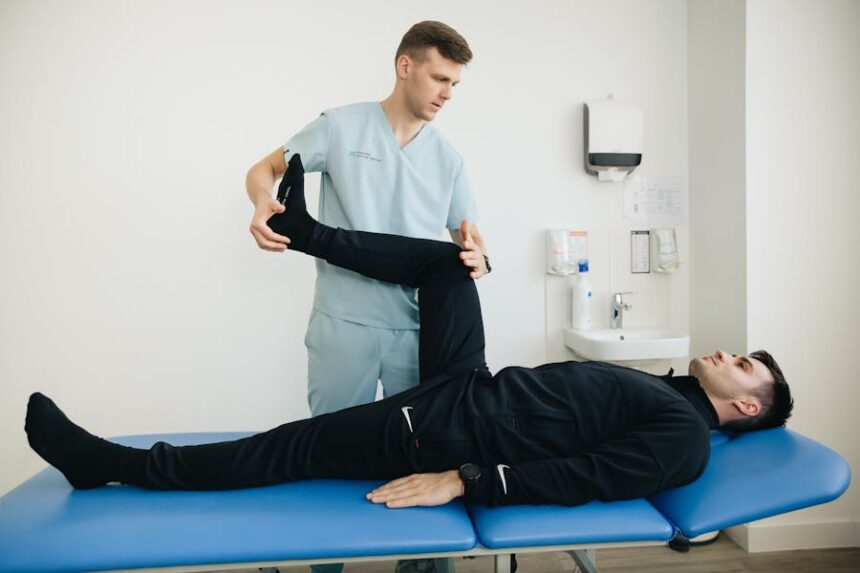Aftercare programs are vital for anyone who has completed alcohol use disorder treatment because addiction is a lifelong challenge. Relapse is a common part of recovery, with research indicating that up to 60% of individuals experience a relapse at some point during their journey. Aftercare programs aim to reduce the likelihood of relapse by providing continued support, helping individuals develop healthier habits, and offering access to resources that promote long-term sobriety.
For many, alcohol use disorder treatment is the beginning of learning how to cope with triggers and stressors that can lead to drinking. Aftercare programs help individuals build on these skills, offering them a structured environment and tools to manage cravings and emotional difficulties. By providing consistent support, aftercare programs significantly increase the chances of sustained recovery.
12-Step Programs: A Proven Path to Sobriety
One of the most widely recognized and effective aftercare programs is the 12-step model, which includes well-known groups like Alcoholics Anonymous (AA). These programs offer peer-based support, where individuals recovering from alcohol use disorder meet regularly to share their experiences, offer encouragement, and hold each other accountable.
Alcohol use disorder treatment often includes the 12-step approach as part of the initial therapy, but continuing participation in these programs after treatment has ended is crucial for long-term recovery. The 12-step model emphasizes personal responsibility, a connection to a higher power, and continuous self-reflection. Many individuals find comfort in the community aspect of 12-step programs, making them an invaluable part of alcoholism recovery after alcohol use disorder treatment.
Individual Therapy and Counseling
While group settings can be effective, individual therapy remains one of the most personalized and impactful aftercare options for those recovering from alcohol use disorder. Alcohol use disorder treatment often addresses the underlying issues that contribute to addiction, such as trauma, anxiety, or depression. Continuing therapy after the initial treatment helps individuals manage these ongoing challenges.
Cognitive-behavioral therapy (CBT), dialectical behavior therapy (DBT), and other evidence-based approaches can help individuals develop coping mechanisms to deal with stress, negative emotions, and potential triggers for alcohol use. This form of aftercare allows individuals to work closely with a therapist, focusing on personal growth and addressing any mental health issues that may threaten their sobriety.
Sober Living Homes: A Transitional Aftercare Solution
Sober living homes, also known as halfway houses, offer a structured environment for individuals transitioning from alcohol use disorder treatment back into everyday life. These homes provide a safe, substance-free living space where individuals can continue their recovery while adjusting to the responsibilities of daily life.
Sober living homes are particularly helpful for individuals who may not have a supportive home environment or who feel vulnerable to relapse upon returning to their community. The rules and guidelines within sober living homes are designed to encourage accountability, personal responsibility, and mutual support among residents. These homes serve as an effective bridge between the controlled setting of alcohol use disorder treatment and independent living.
Choosing the right aftercare plan is crucial for long-term success. Whether through 12-step programs, individual counseling, sober living homes, or medication-assisted treatment, aftercare provides the continuous support and accountability necessary to stay on the path to recovery. Alcohol use disorder treatment is just the beginning, and with the right aftercare program, individuals can sustain their sobriety and live healthier, more fulfilling lives.




